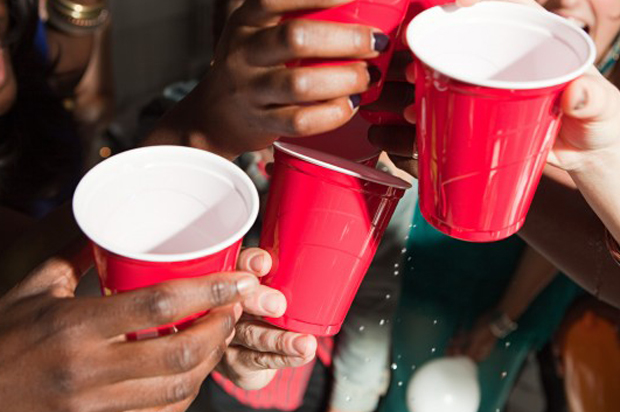Why do teens make bad choices?
November 9, 2018
At times, high school students can make really poor choices. Maybe it’s because they are under the influence of peer pressure, alcohol or drugs, or maybe it is that they just haven’t considered the consequences of their actions.
Knowing this, is it fair that the choices students make in high school may follow them around for the rest of their lives?
The recent controversy over the nomination of Brett Kavanaugh for the United States Supreme Court has really brought this issue into focus. Former classmate of Kavanaugh, Dr. Christine Blasey Ford accused Kavanaugh of sexual assault while they were in high school in the early 1980s. In addition, the extent to which Kavanaugh drank became a major point of discussion during the hearing leading to his confirmation.
For decades, one of the most common bad decisions made by teens is drinking. Alcohol consumption became a centerpiece in the Kavanaugh hearing. Drinking was a regular and expected activity for many teens then and now.
Alcohol consumption frequently plays a role in bad decision making. Annually, about 5,000 people under age 21 die from alcohol-related injuries involving underage drinking. Underage drinking also plays a significant role in risky sexual behavior, including unwanted, unintended, and unprotected sexual activity, according to the Center on Alcohol Marketing and Youth.
The Announcer sat down with Student Assistance Program Director and Youth Initiative Coordinator Mrs. Kokontis and asked her advice about how teens could be in more control of their actions and avoid making bad decisions. Kokontis states, “It is less about controlling impulses, and more about who you surround yourself with and what those people do.”
When it comes to being equipped to handle peer pressure, You need a plan for if something comes up that you are uncomfortable with. You could have a code with a family member that helps you get out of dangerous situations. Try to think ahead of time.”
In the case of Ford and Kavanaugh, there are very serious issues at hand: namely alleged sexual assault. Cases of assault go above and beyond a typical teenager’s bad decision-making. Kokontis makes it clear that if a student is a victim of sexual assault they should report it right away. ”Go to a guidance counselor, parent, or adult. Realize that it is not your fault. Nobody has the right to assault you.”
The American Academy of Child and Adolescent Psychiatry reports in the 2016 study, “Teen Brain: Behavior, Problem Solving, and Decision Making” that there may be a biological explanation for the bad decisions that teens make. “Scientists have identified a specific region of the brain called the amygdala that is responsible for immediate reactions including fear and aggressive behavior. This region develops early. However, the frontal cortex, the area of the brain that controls reasoning and helps us think before we act, develops later. This part of the brain is still changing and maturing well into adulthood.”
While teens’ brains may still be developing, which may help to explain the tendency for teens to make bad decisions, teens should be aware of this and use it to help plan better, choose friends more wisely and know that drinking is likely to cause ill effects for them and possibly others, too.

